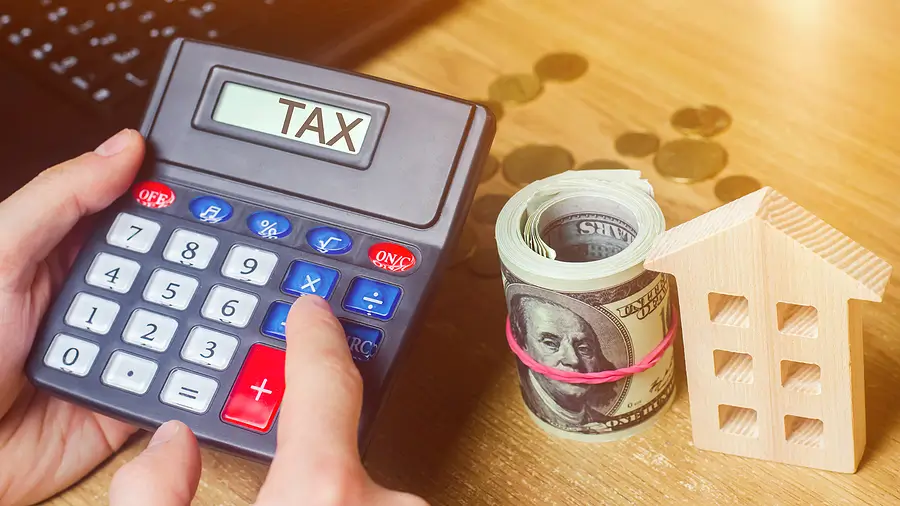Property taxes are an important component of managing a rental property in New Jersey. These taxes significantly influence your rental income and overall profitability, making it essential for landlords like you to understand their impact and implement effective strategies to manage costs. Let’s explore how property taxes affect your investment and how to manage them to maximize returns.
Understanding Property Taxes and Your Rental Income
Your rental income is directly affected by property taxes, as taxes are among the fixed expenses you must cover. These taxes can reduce your net operating income and monthly profitability. For example, in areas with high tax rates, you must assess whether their rental property generates enough income to cover expenses, including deductible rental expenses like maintenance and insurance.
You are required to report rental income when filing your tax return, and understanding your obligations can help you optimize your finances. Keeping track of deductible expenses like travel expenses related to property management, system maintenance, and even last month's rent collected upfront can provide significant tax benefits.
How Property Taxes Vary Across New Jersey
In New Jersey, property tax rates differ by municipality. These rates are based on the fair market value of your property and local government budgets for services like schools and infrastructure. When investing in property, research the tax rates in your property's address area to anticipate their impact on your finances.
If you’re considering expanding into new areas, understanding the fair market value and potential income of a rental property can guide smarter decisions.
Calculating ROI With Property Taxes
To evaluate your rental's profitability, consider the role of property taxes in calculating ROI:
Determine Rental Income: Estimate your annual rental income from the property.
Deduct Expenses: Subtract costs like system maintenance, management fees, and property taxes to calculate your net operating income.
Assess ROI: Divide the NOI by your total investment in the property, including the property purchase price and any renovations, to gauge profitability.
Failing to account for high property taxes accurately can skew your calculations, leading to unexpected financial strain.
Strategies for Managing Property Taxes
Research Before Purchase: Investigate the property tax history and fair market trends in your target area.
Appeal Tax Assessments: If your rental property is overvalued, appeal the tax assessment to reduce costs.
Pay Online for Efficiency: Many municipalities allow landlords to pay online, streamlining tax payments and avoiding penalties.
Hire Professionals: Enlisting a property manager can ease the burden of managing tax-related expenses while optimizing your rental income.
Long-Term Impacts on Rental Real Estate
High property taxes can influence decisions about future real estate purchases. Before acquiring a new rental property, evaluate its property tax obligations and how they may affect your annual rental income. Properties in areas with lower tax rates might offer better cash-on-cash returns, making them attractive investments.
Take the Stress Out of Property Management With CMS Property
Managing property taxes and managing the profitability of your rental property can be overwhelming. CMS Property Management simplifies the process for New Jersey landlords, offering services that maximize ROI while ensuring compliance with tax obligations. Ready to make property management stress-free? Contact Us today!

